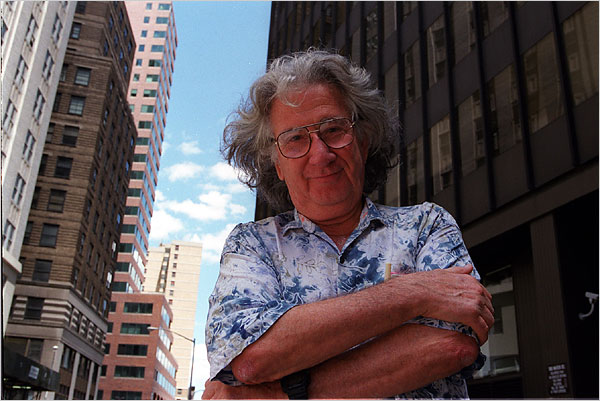Forum Theater provides an innovative approach to public forums and is at the core of the Theater of the Oppressed. It is the form most widely used by educators and by community and labor organizers in work with their constituency. Forum Theater has been used by organizers and educators worldwide for democratizing their own organizations, analyzing problems and preparing for action.
In Forum Theater, participants determine what their priority issues are--usually problems from everyday life--and develop short themes. Role-playing serves as a vehicle for analyzing power, stimulating public debate and searching for solutions. Participants explore the complexity of the individual/group relation at a variety of levels of human exchange. They are invited to map out: a) the dynamics of power within and between groups; b) the experience and the fear of powerlessness within the individual; and c) rigid patterns of perception that generate miscommunication and conflict, as well as ways of transforming them. The aim of the forum is not to find an ideal solution, but to invent new ways of confronting problems. Following each intervention, audience members discuss the solution offered. The experience has been called a “rehearsal for life.”
Legislative Theater, which pushes Forum Theater a step further, is Boal’s most recent innovation. In 1992, Boal was elected on a Workers Party slate to the Chamber of Vereadores (similar to a City Council in the United States) of Rio de Janeiro. Once installed in office, he adapted his theater techniques for use in city politics, with some hilarious--and sometimes rancorous--results. He hired his theater group as his legislative staff and extended their methods of participatory theater into the realm of government by creating seventeen companies of players in communities throughout the city. This method of governing came to be called legislative theater in which ordinary people, usually restricted to the role of voters, were encouraged to become legislators. Brazil now has 13 laws that were created in legislative-theater forums, and experiments in legislative theater-type work have since taken place in London, Toronto, Munich, and Paris.
Tuesday, December 8, 2009
Subscribe to:
Post Comments (Atom)

No comments:
Post a Comment